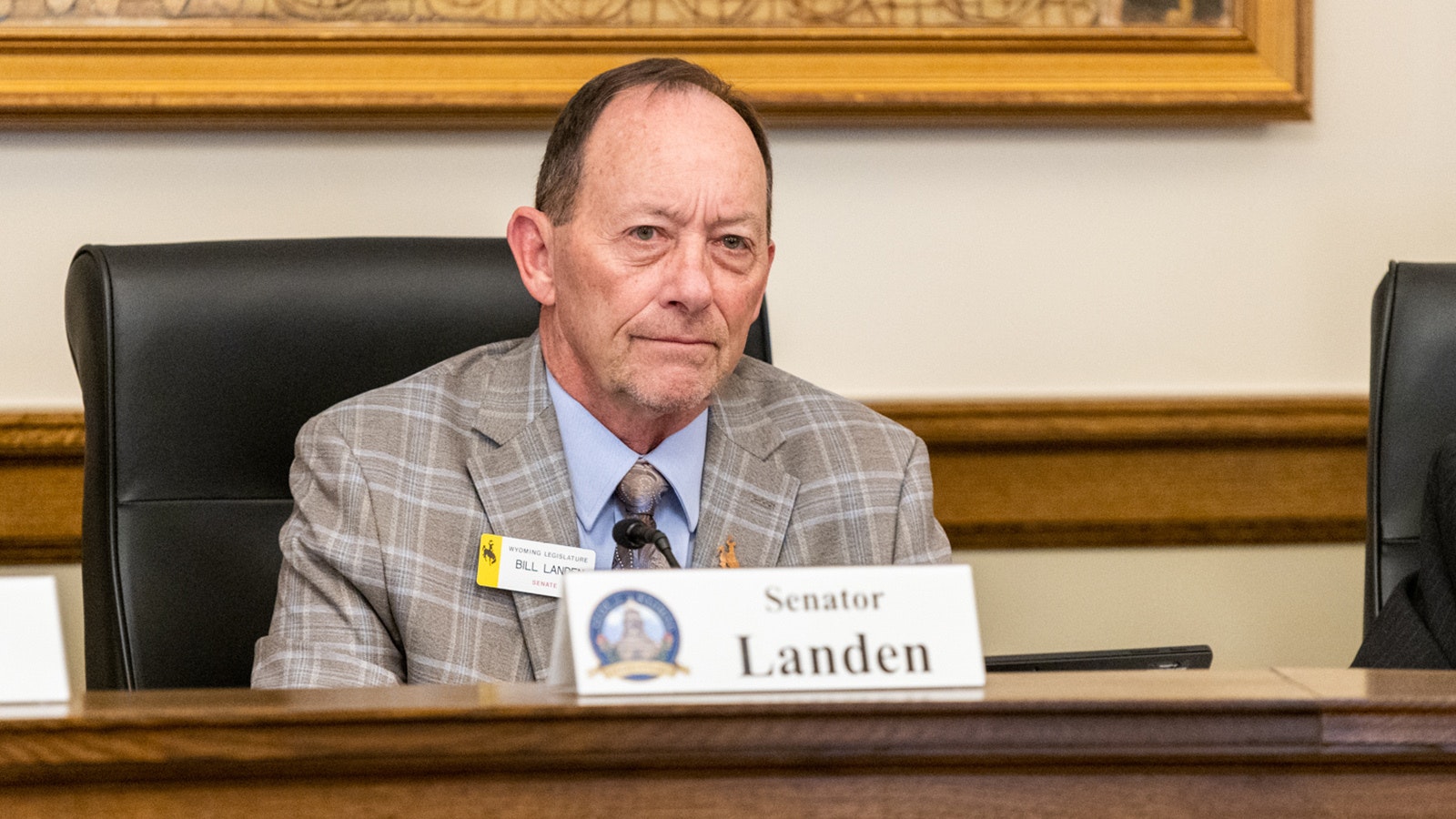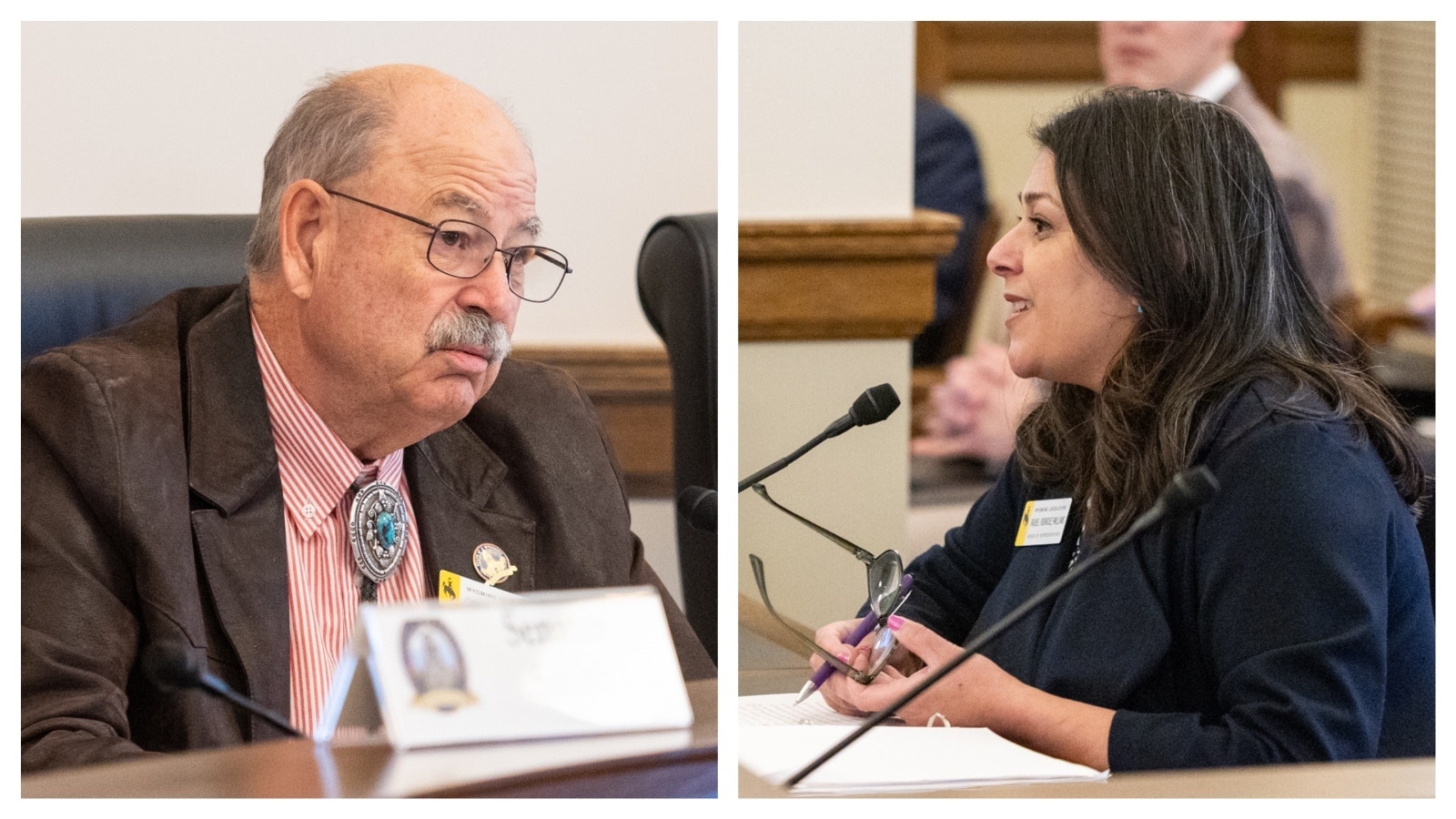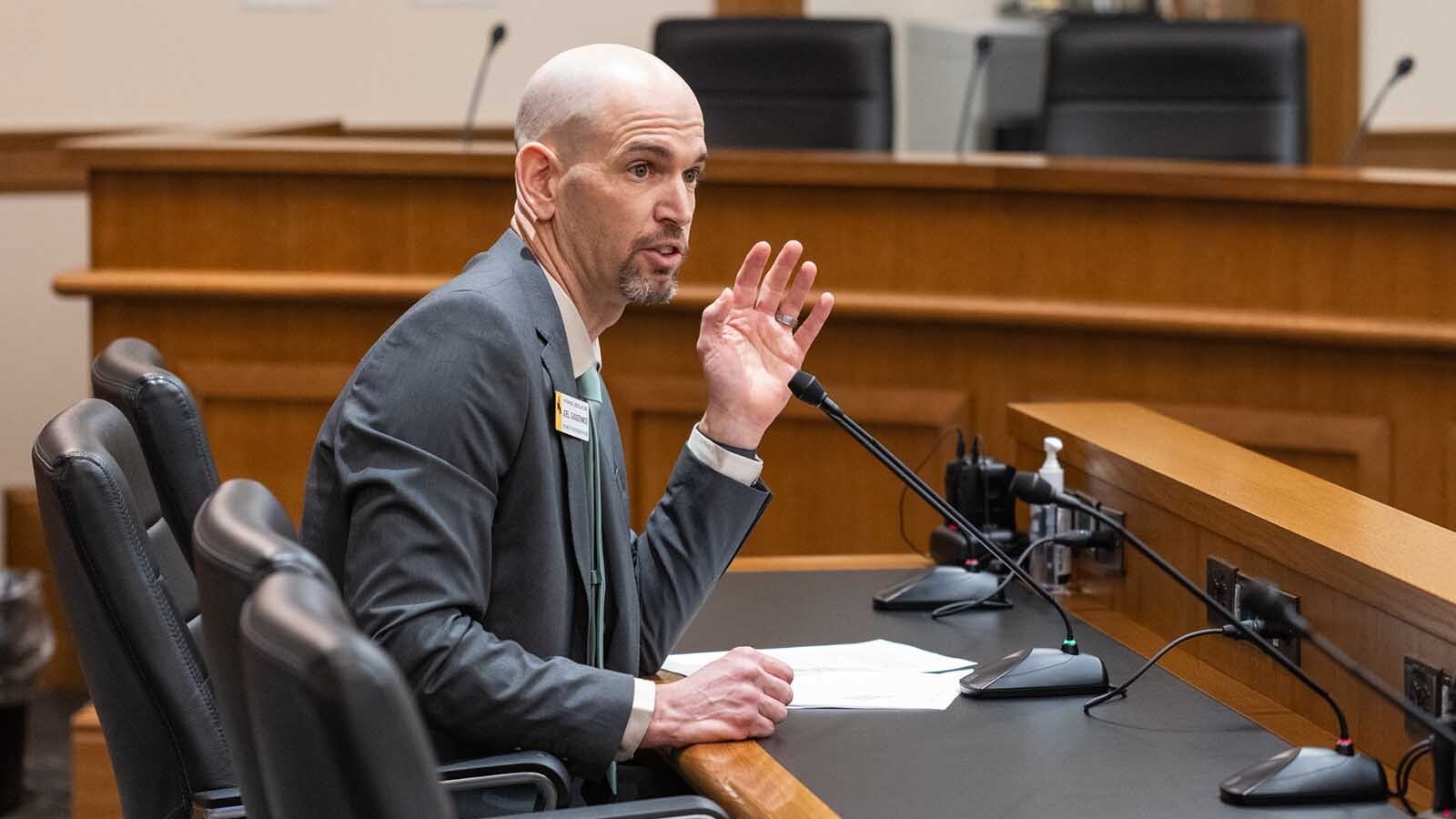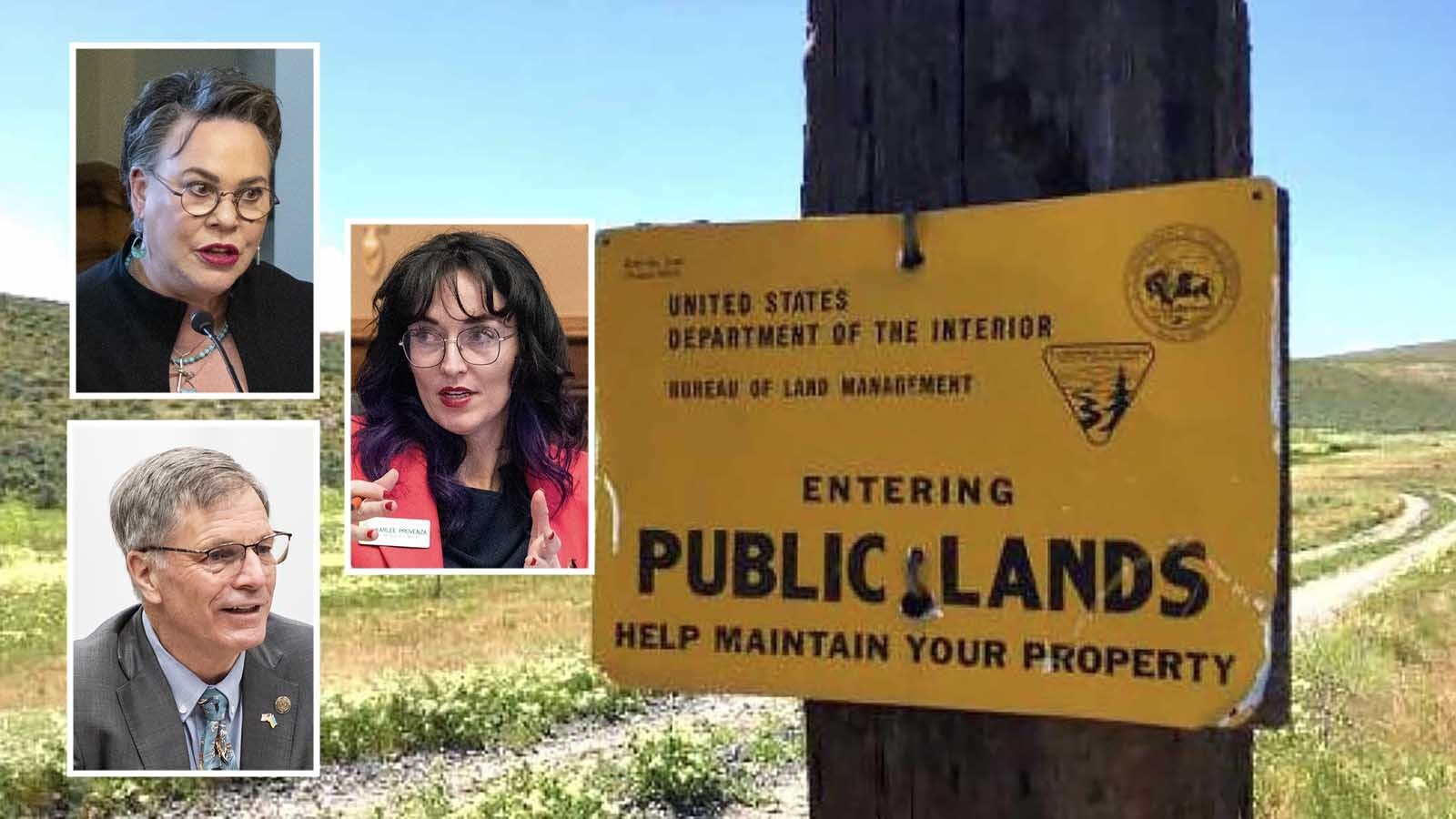A proposed law that would give judges in Wyoming’s richest county a $1,900 monthly housing allowance is still alive – but now is limited to a one-year time period for each judge’s allowance.
If it passes the Legislature, Senate File 54 would allow Wyoming’s judges to have a monthly housing allowance if they live in an irregularly high-cost housing area compared to the rest of the state.
Other state employees in high-cost areas, such as circuit court clerks in Teton County, already receive monthly housing allowances under the law, but judges do not.
The amount of the allowance will change based on the state’s market analysis, but sits now at $1,900.
Elisa Butler, state administrator for the Wyoming judicial branch, told the Senate Judiciary Committee on Wednesday that the bill is “designed to bring judges into the policy that’s applied to other state employees.”
Butler said only state employees living in Teton County are eligible for the allowance now, but some in Lincoln County may become eligible soon given a housing market boom there.
Do They Want To Pay Us Back?’
The bill in its original form did not have a cap on how long judges could receive the housing allowance.
Sen. Cale Case, R-Lander, expressed discomfort with that and asked Butler whether judges typically rent or own their houses.
“This would be purely a guess,” said Butler, adding that many likely own their homes.
Both Teton County District Court Judge Melissa Owens and Circuit Court Judge James Radda have lived in the county for “many years,” Butler said.
Case said the selection panel choosing judgeship applicants for possible appointment by the governor often choose from judges already living in the empty seat’s region.
He said for attorneys who already own their homes, then apply to be a judge, they could turn a profit using the a state housing allowance if the market is rising in their region.
“The judge owns the house when it’s all done. He can borrow on the house, she can borrow on the house; he or she gets to sell it, gets to reap the benefits of the appreciation of the houses,” said Case. “That’s the upside.
“Do they want to pay us back the money on the upside? I’d be fine with that.”
Case said while attorneys seeking to be judges may have established homes, court staff tend to be more mobile and likely to suffer the costs of a move to a richer county.

Judge Pool
Committee Chair Sen. Bill Landen, R-Casper, said Case raised a good point, but he wondered if rejecting the bill altogether would limit the governor’s judgeship pools strictly to attorneys in a certain county by discouraging applicants from applying to adjudicate in richer counties.
“So, I think one of the benefits of a housing allowance like this is it does allow for people who don’t necessarily live in a high-cost community to apply for those judgeships,” Landen said.
One-Year Cap
Case proposed a compromise that the committee later approved in an amendment vote: newly appointed judges moving to a new county could receive housing allowances, but not for longer than one year.
Butler said the judicial branch would disagree with the amendment, since 12 months of allowance may not be enough of an incentive to move to a high-cost area and take on a 30-year mortgage.
Million-Dollar Houses
Under the law, Wyoming Supreme Court Justices receive a $175,000 per year salary; district court judges receive $160,000 and circuit court judges receive $145,000.
In Teton County in 2021, about 71% of houses were worth more than $500,000. Of those, about 38% of all houses were worth more than $1 million.





